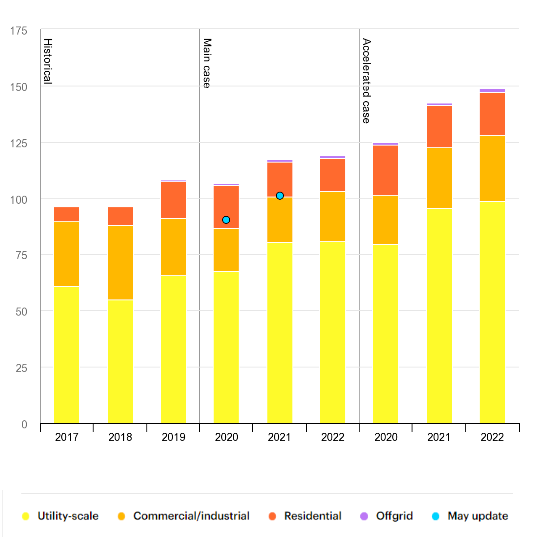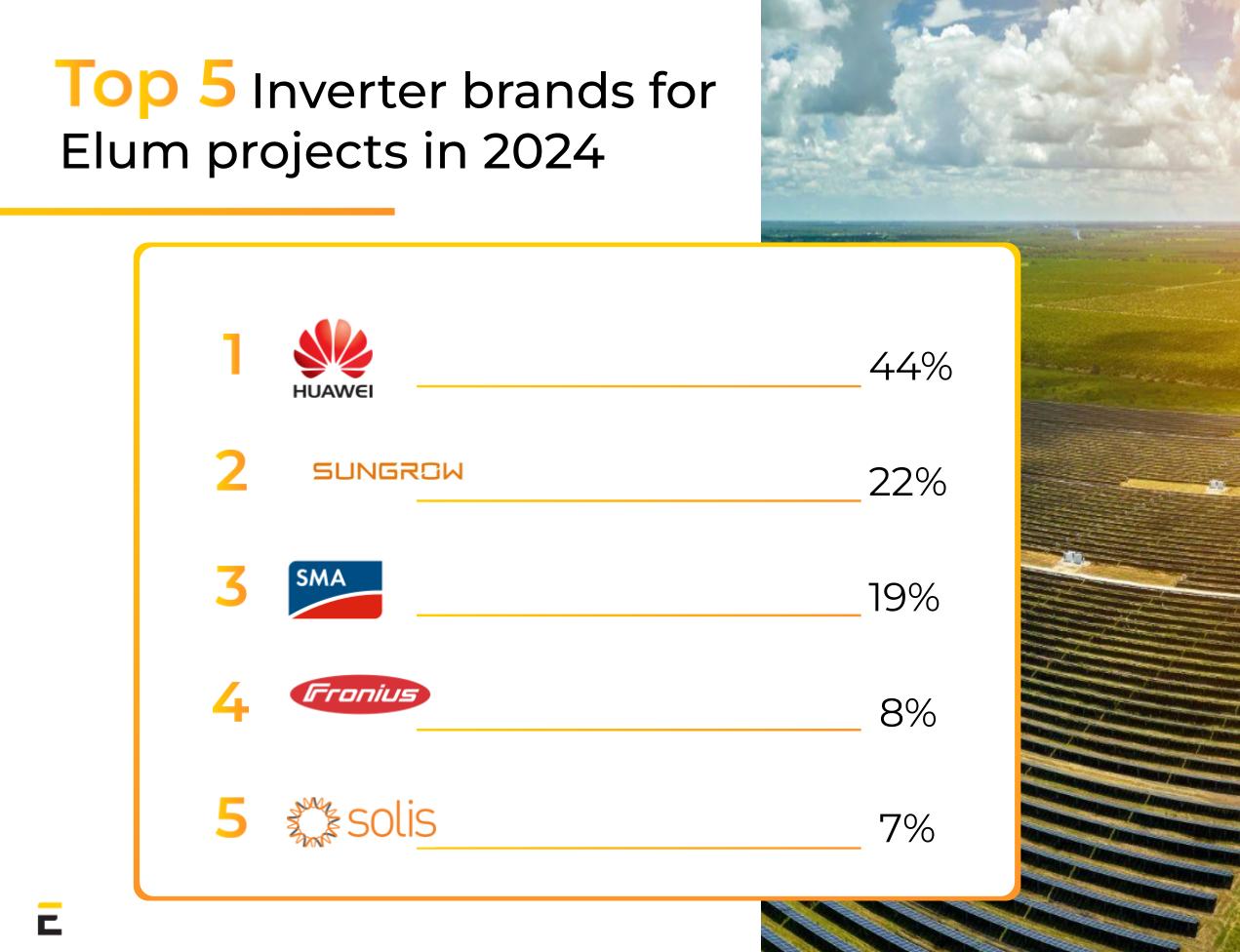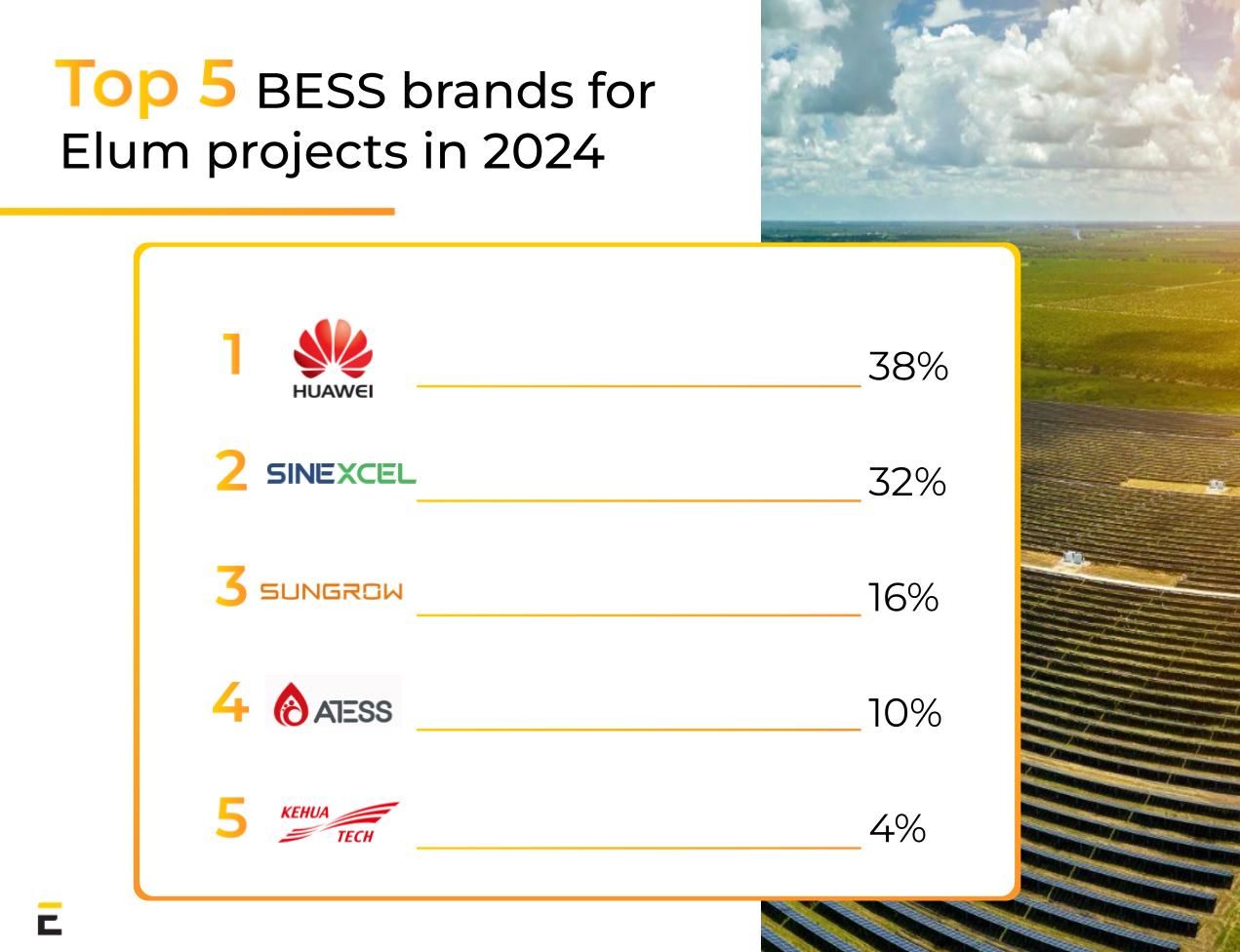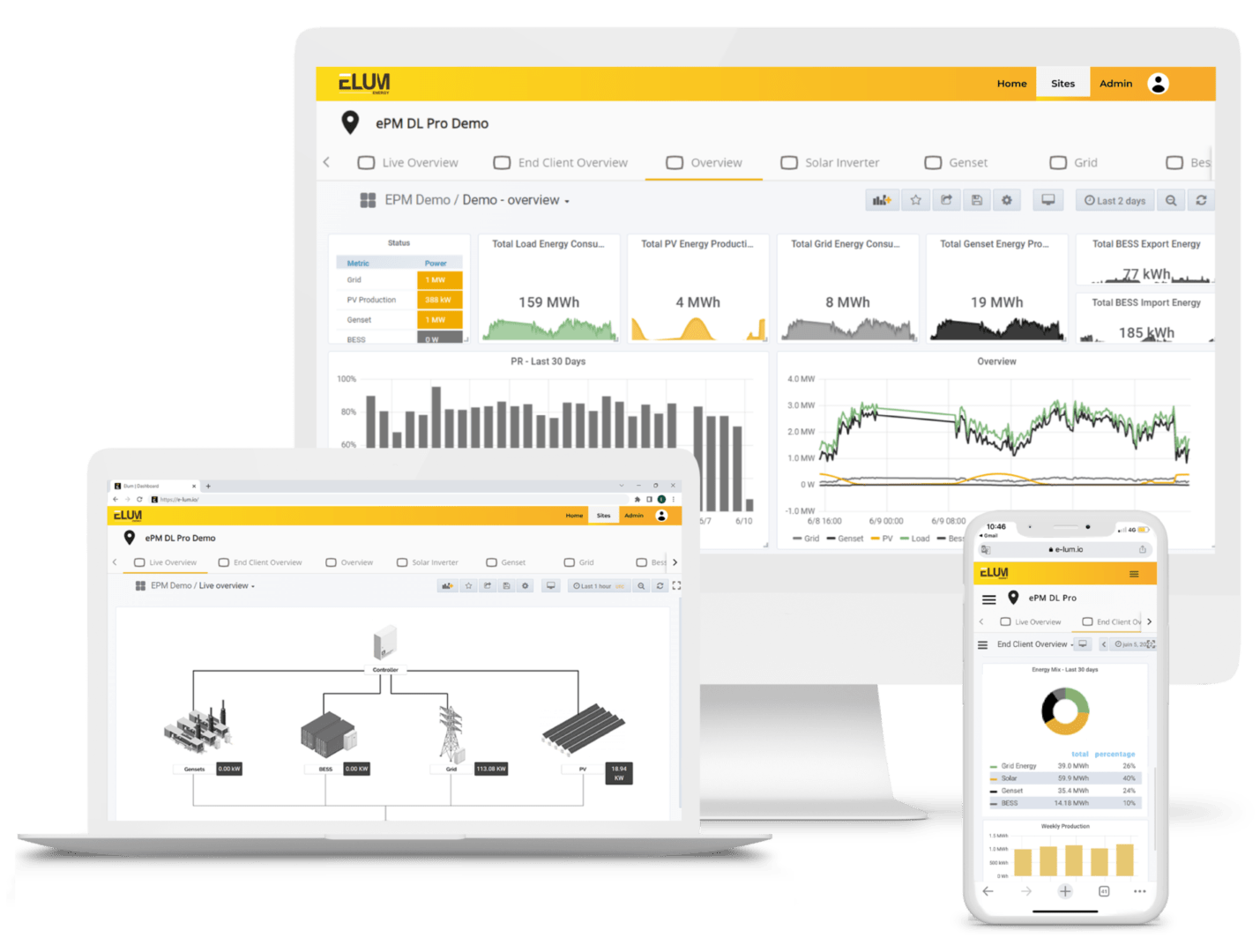Power Plant Controllers for Grid-tied Solar Plants
What is a grid-tied power plant?
Definition of grid-tied solar plant
Overview of the grid-tied solar plant market

The challenge of regulation for grid-tied solar plants
Advantages of power plant controllers in grid-tied solar plants
1. Complying with grid codes
Primarily, PPC controllers in grid-tied power plant will help comply with grid codes.
Regulatory authorities have defined some set points which are known as grid codes. Most good quality PPCs support these national and international grid codes for easy integration into the power plant model. Compliance to these grid codes result in regulation-compliant injection of power into the national grid.
2. Increasing reliability
3. Facilitating remote maintenance
Additionally, power plant controllers in grid-tied solar plants are an effective solution to control the behaviour and the functioning of a solar power plant and enhance its production levels, revenue, regulation compliance and grid stability.
Other than the regulatory part, PPC devices also offer the added benefit of remote controlling and troubleshooting actions to assist the maintenance team of the plant. The monitoring is done via RTU, weathers stations, inverters, junction boxes and solar controllers, among others, to facilitate this remote maintenance on site.






